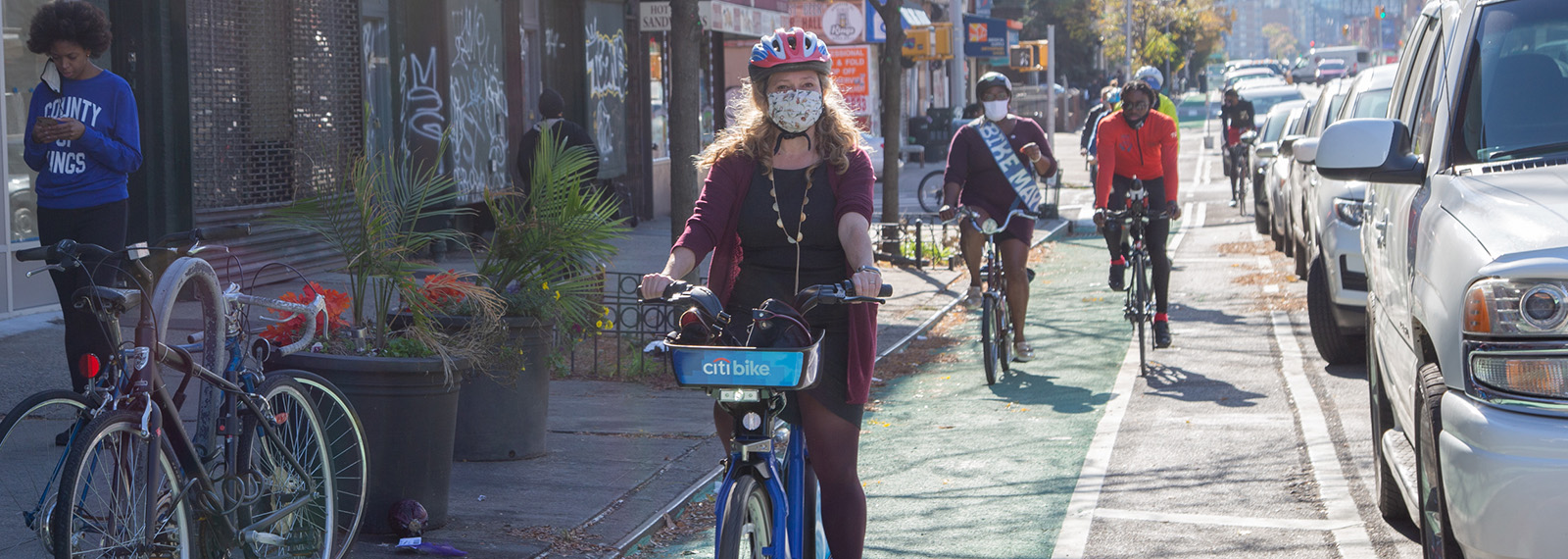Demands on the curb have skyrocketed in the last decade, while the amount of curb space has largely remained the same. Due to increased congestion, commerce delivery, use of streets for people rather than vehicles (like parklets, plazas, and outdoor dining), and access to technologically advanced mobility options (like shared bikes, scooters, and app-based ride-hailing), the curb has evolved into a scarce and sought-after resource.
Principles for Universal Curbside Language & Standards sets forth uniform language and standards to help local governments and agencies enact strategic and systematic curbside management.
This document was created with support from NUMO and shaped by the 2020 Smart Cities Collaborative, which was led by Transportation for America and includes representatives from the following entities:
- City of Ann Arbor, MI
- City of Bellevue, WA
- City of Boston, MA
- City of Boulder, CO
- City of Centennial, CO
- City of Gainesville, FL
- Mobile GR, City of Grand Rapids, MI
- City of Gresham, Urban Design & Planning Department, OR
- Los Angeles Department of Transportation, CA
- City of Madison, WI
- City of Minneapolis, MN
- City of Oakland, CA
- Portland Bureau of Transportation, OR
- Metro, OR
- San Francisco Municipal Transportation Agency, CA
- District Department of Transportation, DC
- City of Seattle, WA
- City of West Palm Beach, FL
- City of West Sacramento, Capital Projects Transportation, CA
Header image: New York City Department of Transportation/Flickr
Link: